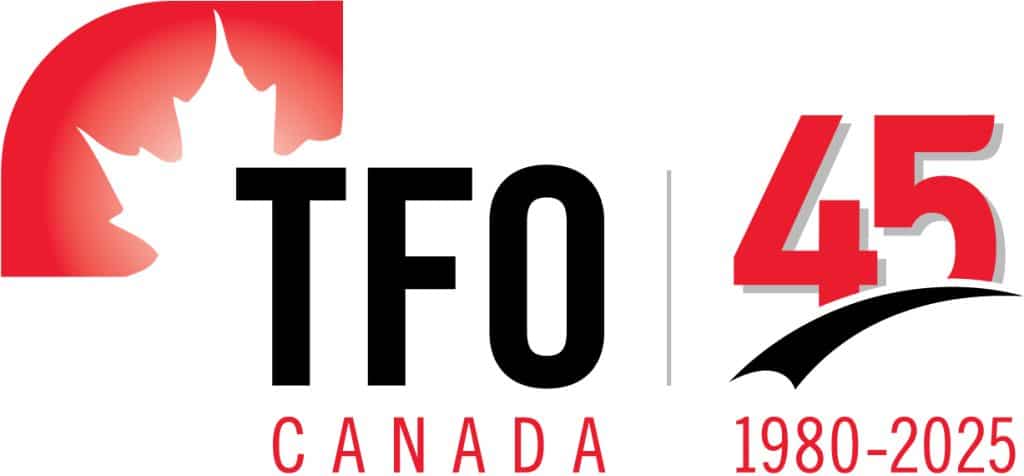Tech-driven optimism meets rising geopolitical challenges in 2024
“Despite the challenges of 2023 and escalating geopolitical tensions, business leaders remain surprisingly optimistic for 2024, according new research from Economist Impact and DP World, unveiled today at the World Economic Forum.
The primary driver is a growing belief that technology will transform the efficiency and resilience of supply chains. Amid escalating concerns about protectionism, global fragmentation and political instability, businesses are reassessing risks within their supply chains and pivoting towards friendshoring and dual supply chain strategies.
The fourth annual Trade in Transition study, commissioned by DP World and led by Economist Impact, captured the perspectives of trade experts and senior executives across a variety of regions and sectors. This period of unprecedented transformation – heightened geopolitical risk, the urgent realities of climate change and significant advancements in technologies – is causing businesses to face complex challenges. Yet there are also opportunities.
2023 was a pivotal year in supply chain innovation as technology drives optimism for 2024
The global survey of 3,500 company executives found technologies that improve supply chain efficacy and resilience to be the main source of optimism for business leaders when asked to assess the future of global trade. At the core of this sentiment is the widespread adoption of AI, with 98% of executives already using AI to revolutionise at least one aspect of their supply chain operations.
From solving inventory management issues and reducing trade expenses to optimising transport routes, executives are taking advantage of integrating AI. A third of businesses are utilising AI to deliver a reduction in overall trade operation costs and the same amount to enhance resource and supply chain planning. Over one-third of companies view boosting the use of digital tools for enhanced inventory management as the most effective strategy in cutting overall trade and supply chain costs.
Businesses expect to ramp up their technological adoption further this year, a proactive approach that underscores a commitment to deploying innovation to navigate the evolving business landscape with increased efficiency and resilience. Of those surveyed, a third will focus on advanced automation and robotics for logistics efficiency; 28% will turn to blockchain for enhanced traceability and data security; and 21% will embrace artificial intelligence, big-data analytics and predictive analytics for real-time insights and disruption forecasting.
Supply chains adapt as geopolitical tensions grow
In the new era of globalisation, a landscape of heightened geopolitical risk is shaping the contours of global trade as businesses attempt to reduce risks across their supply chains. More than a third of companies are using friendshoring to shape trade and supply chain operations, while 32% are creating parallel supply chains or dual sourcing.
In addition, more than a quarter are opting for fewer suppliers – a 16-percentage point increase from the previous year – as businesses weigh the advantages of consolidation against diversification and control against resilience.”
*This article is excerpted from freshplaza.com website, published 18th January 2024
